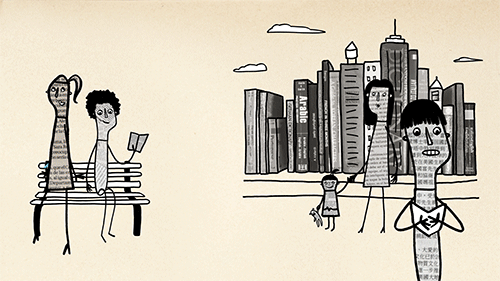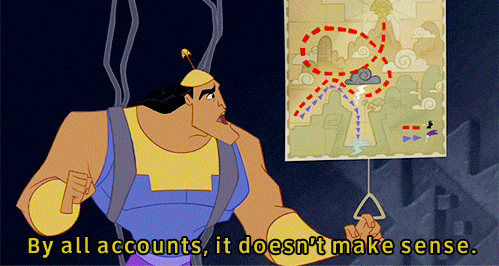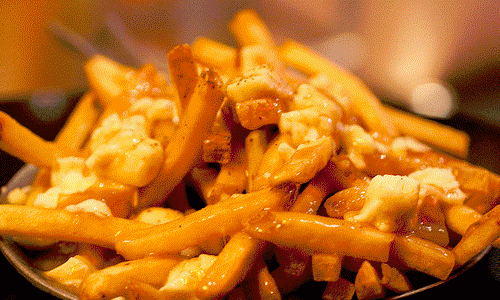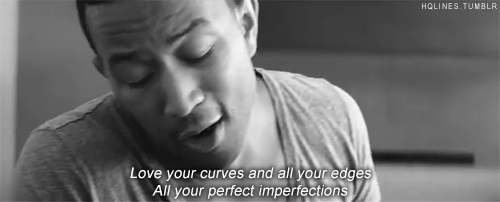
13 Signs You’re an Expat in Belgium
This country is still a mystery for most! Everybody has a different experience but here are 13 signs that expats in Belgium can relate to.
1. You live most of your life in the “Brussels bubble”
What with the European Union, NATO, and all the organisations clustered around them, there’s quite a large international community in Brussels, and when it comes to socialising, you’re mostly stuck in the infamous Brussels bubble. Actual Belgians are relatively rare (though not unknown) in these work environments, generally leaving the internationals to their enclave within the wider city.

2. You find it hard to master the local language(s)
Belgium has three official languages, and Brussels is officially bilingual. Throw in internationals from across Europe and the world – the city of Brussels (the city proper, so not all 19 areas of the Brussels region) estimates there are 163 nationalities living there – and that’s a whole lot of different languages in one place. Amongst internationals, most people default to English as the lingua franca. If you want to practice your French, you can address the shop assistant in French (most Belgians in Brussels are francophone) but unless your accent is really polished, chances are you’ll end the conversation in English. Switching between languages within one conversation is pretty common anyway.

3. You also find greetings really confusing
The Flemish greet by kissing each other on the cheek once, Walloons twice, the Dutch three times, the English not at all etc. etc. It’s often useful to know where someone is from before engaging, otherwise the possibilities are endless…

4. You’ve given up trying to understand how the country really works…
Belgium is a very confusing country, made up of three strong regions – Wallonia (mostly Francophone), Flanders (mostly Flemish-speaking) and Brussels (officially bilingual, though French predominates). There’s a federal government, and three more regional governments, each with as much power as each other. There’s also a German minority in the south-east, and the three language groups have their own “communities” which all have their own government and parliament. Confused? Yup, you should be – this video has a good go at explaining.

5. You have bonded over stories about the Belgian bureaucracy
It took me more than a year to get a Belgian ID card, involving four hours sitting in various ticketed queues, a visit from the police, a visit to the police station, several emails, more appointments, passport photos, lots of forms and various very specific amounts of money. Everyone has a story about their scrapes with Belgian bureaucracy – it’s a sort of rite of passage. It’s wise to take a book with you everywhere.

6. You find that frites (chips/fries) are suddenly haute cuisine…
People can spend hours debating which is the best frite kot in Brussels (Maison Antoine or Flagey?!), and whether they’re better double fried or not. Don’t even dare call them French fries here…

7. …and that’s before you even get onto choosing your sauce
Andalouse, aioli, Samouri, cocktail, Americaine (a sauce that I doubt Americans would recognise), Brasil (ditto for Brazilians), bearnaise, Tartare, pita bicky, curry ketchup, or just plain ketchup or mayonaise – the range of sauces is dizzying. Make sure you choose wisely.

8. You try a different beer every time you go out
Another of Belgium’s culinary penchants is beer. In 2011 there were 1,132 different beers being produced in Belgium, ranging from blanches, through blondes and ambrees, to brunes. Beware the strength too – Belgian beer is normally between 6 and 9%, going as high as twelve – and make sure you use the correct glass (Belgian bar staff will often apologise if you get the wrong one).

9. You need to know when strikes will happen
Strikes are a serious (and frequent) business in Belgium, and Brussels is the place where a lot of the marches take place, with trains often specifically bringing in people from Flanders and Wallonia to protest. You need to know when the strikes are, because they could well scupper any travel plans you might be harbouring for a few days, or they might just march under your window and prevent you from getting any work done.

10. You regularly complain about the weather
This is especially true for southern Europeans. Brits, Scandinavians and the Irish are strangely more accustomed to grey skies and rain for 8 months of the year…

11. You spend a lot of time telling your family that Brussels isn’t so bad really
After the lockdown last December, and the attacks earlier this year, every time you speak to a relative (particularly elderly ones) you have to reassure them that Brussels is perfectly safe really, and no, Molenbeek is not a war zone…

12. You are obliged to take all visitors to see Manneken Pis
Whenever anyone visits, you are obliged to show them Grand Place (fair enough) and the rather more disappointing pissing boy. It doesn’t help that on the way to his little spot, there are replicas of him many times bigger, made out of chocolate, or flogged as a tasteful addition to your garden. It’s always bemusing to find the 20 cm high statue surrounded by tourists, selfie sticks and clicking cameras, before turning around and heading off to get a waffle or see something more interesting.
13. You develop a strange affection for the place, despite all your complaints
Even though I’ve spent most of this list complaining about Belgium, I have a sort of perverse affection for all its inefficiencies, flaws and foibles. I suspect most of us internationals (at least those of us who choose to stick around) are the same – it’s all these little issues that give Belgium, and Brussels, its undeniable character.

Special for ELM – guest writer George Thurley
Being an expat in Belgium is different from being one in Sweden. See how!
© Expertise in Labour Mobility B.V. All rights reserved.

